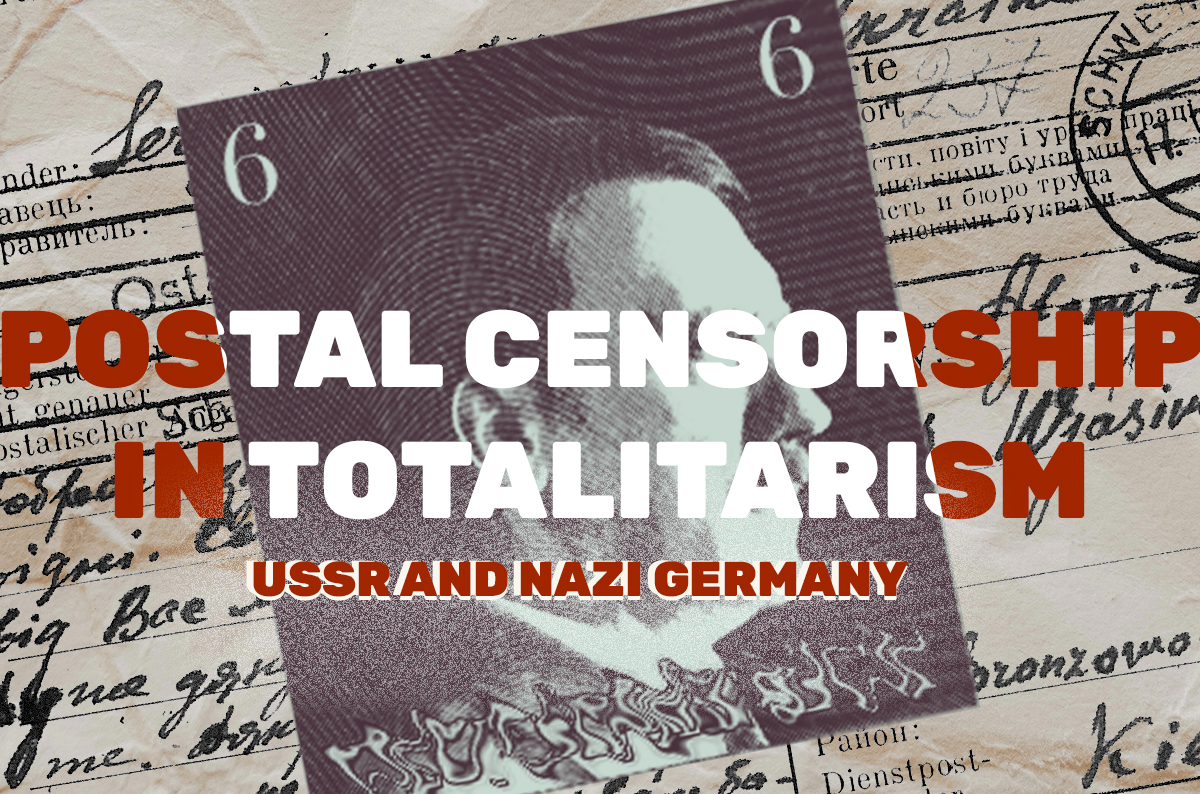New course: Postal Censorship under Totalitarianism: The USSR and Nazi Germany
22 November 2022

Postal Censorship under Totalitarianism: The USSR and Nazi Germany
MLCS 499-B1; SLAV 499-B1
Winter 2023, Tuesday, Thursday 11AM
Instructor: Alex Averbuch
averbuch@ualberta.ca
Description
This course will investigate the culture of epistolarity and censorship under totalitarian regimes in the USSR and Nazi Germany, testing the various modalities of correspondence: as documents, works of literature, and historical sources. We will approach censorship as a political tool and a means of shaping, distributing, and manipulating knowledge. We will also analyze letters as modes of subversive communication, focusing on how the senders selected the information to be included, as well as how they employed such literary devices as allegory or metaphor to encode and camouflage their message and “get around” their censors. Using first-hand epistolary artefacts, we will study various methodological approaches of interpreting and analyzing these texts.
Instructor
Alex Averbuch is a literary historian, poet, and translator. He specializes in Ukrainian, Russian, and Hebrew literatures; commodity culture; gender and critical race theory; the European Enlightenment; transnational cultures; epistolary culture; translation; and \creative writing. He earned his PhD (2021) in Slavic and Jewish studies at the University of Toronto with a dissertation on the genre of solicitory poetry in Ukrainian, Russian, and Hebrew. Currently he is an Izaak Walton Killam Memorial postdoctoral fellow, working on a project titled “The Womanly Face of War: Narratives of Resistance and Exile in the Confiscated Correspondence of Ukrainian Female Ostarbeiters in Nazi Germany.” Examining letters written home by Soviet women forced to work in Germany during the Second World War, the project investigates these as literary texts, endowed with unique narratives of war and exile, conflict and separation. More